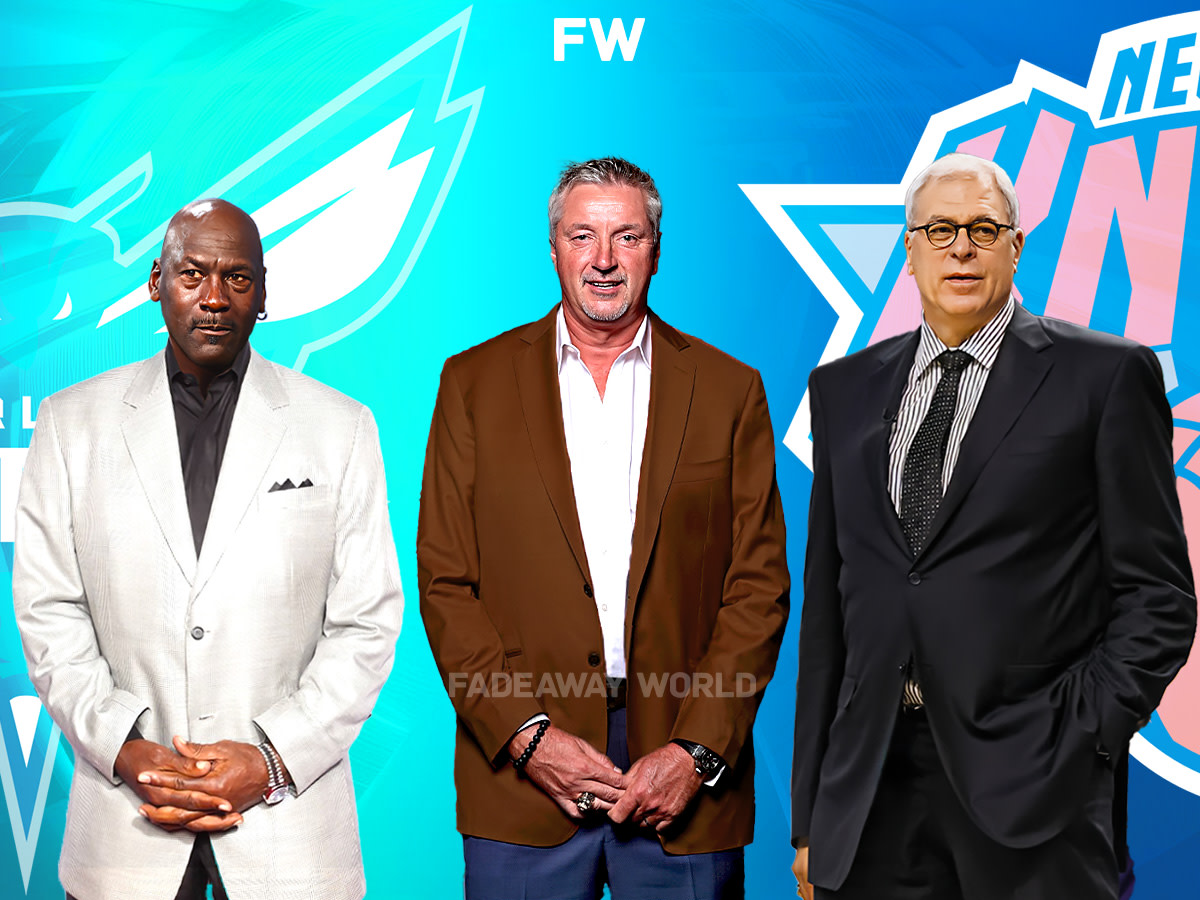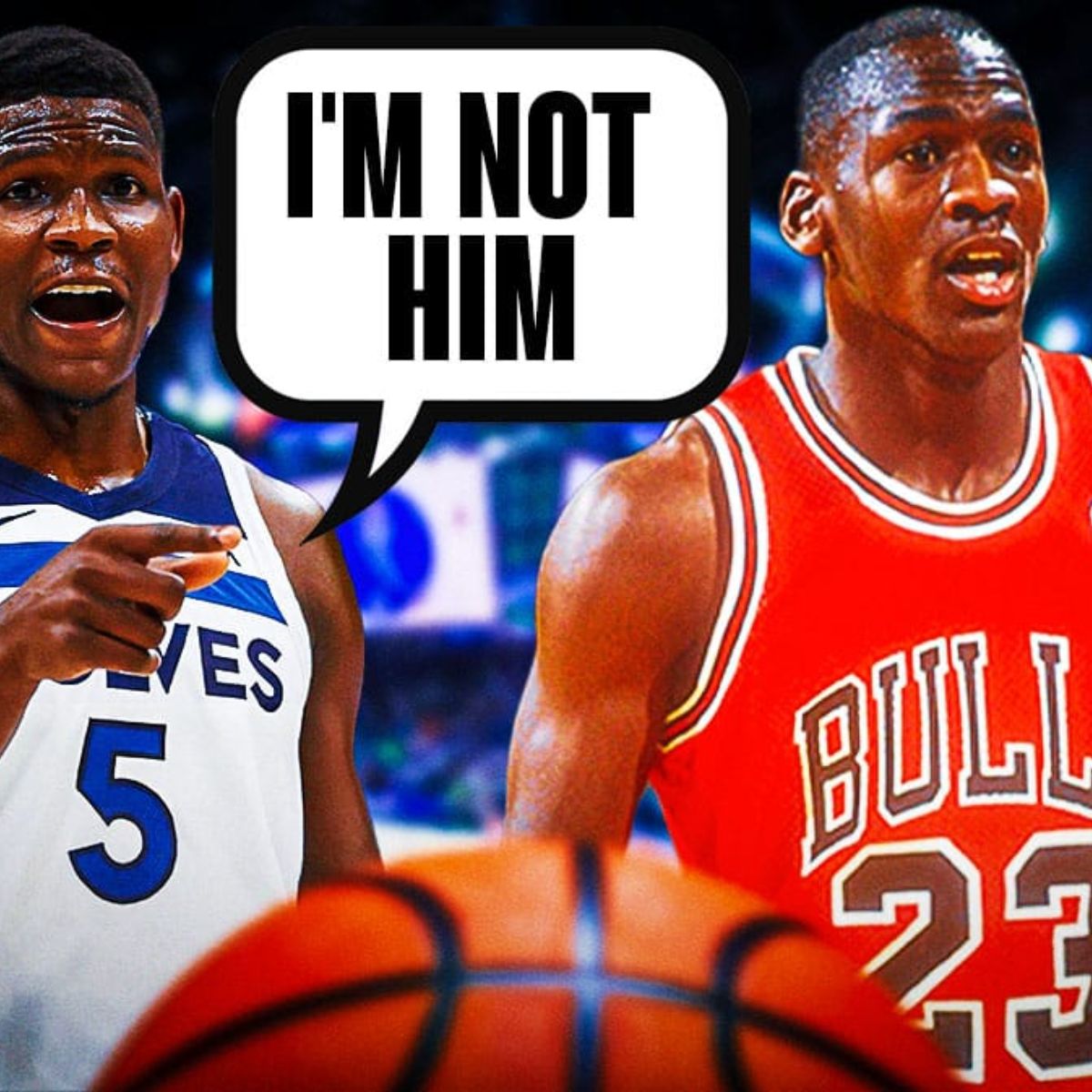Toni Kukoc opens up about the roles of Michael Jordan and Phil Jackson in basketball organizations during his interview with Sport Klub. He was a special guest at the Partizan vs. Olympiakos Euroleague game in Belgrade.

Toni Kukoc, while discussing the potential transition of renowned coach Zeljko Obradovic to the NBA, delved into the complexities of moving from a basketball player to other pivotal roles within basketball organizations. Kukoc highlighted the challenges faced by former players navigating managerial positions, citing examples such as Michael Jordan’s stints as the Washington Wizards’ President of basketball operations (2000-2003) and later as the owner of the Charlotte Hornets (2006-2023), as well as Phil Jackson’s tenure as the New York Knicks Team President. (2014-2017)
“To be a coach today, you have to be a parent, a coach and a psychologist. It’s one thing to have a basketball in your little finger, and another to pass that knowledge on.”
“Michael Jordan will always be the greatest for me, but he was not very successful as a general manager. When he and Phil Jackson, who was a phenomenal coach, came into their new roles, they didn’t do very well. That’s the difference.”
Toni Kukoc underscores the complexity of coaching in modern basketball, emphasizing the need for qualities beyond technical knowledge, such as parental guidance and psychological insight. He suggests that while being a skilled player is one thing, effectively imparting that knowledge to others is another challenge altogether.
Regarding Jordan and Jackson’s transitions into front-office roles, Kukoc offers a candid assessment of their performances. Despite their legendary status in the basketball world, Kukoc acknowledges that both Jordan and Jackson faced difficulties in their new roles.
He asserts that while Jordan may always be regarded as the greatest player in his eyes, his tenure as a general manager was not very successful. Similarly, he recognizes Phil Jackson as a phenomenal coach, but he implies that Jackson’s tenure as a team executive did not yield favorable results.
Ultimately, Kukoc’s candid assessment offers valuable insights into the complexities of leadership in basketball and the challenges faced by former players transitioning into management roles. It serves as a reminder that success in one aspect of the game does not guarantee success in another, emphasizing the need for continuous learning and adaptation in the ever-evolving world of basketball management.
How (Un)Successful Were Micahel Jordan With The Hornets And Phil Jackson With The Knicks?
Michael Jordan and Phil Jackson, two titans of basketball, left indelible marks on the sport as players and coaches. However, their transitions to front-office roles were marred by struggles and controversies, particularly during their respective tenures with the Washington Wizards, Charlotte Hornets, and New York Knicks.
Before his ownership of the Hornets, Michael Jordan held front-office positions with the Washington Wizards. As the president of basketball operations, Jordan’s record with the Wizards was underwhelming, posting a record of 93-153 during his tenure.
Jordan’s foray into ownership began almost 17 years ago when he acquired a minority stake in the Charlotte Bobcats, later assuming the role of Managing Member of Basketball Operations. In 2010, he and his ownership group bought a majority share, making him the league’s only Black owner at the time. However, Jordan’s tenure as owner was marked by disappointment and underachievement.
During his ownership, the Hornets, formerly the Bobcats, endured seasons of mediocrity and futility. They posted the worst winning percentage (.109) in NBA history during the shortened 2011-12 season with a record of 7-59 and failed to make significant strides in subsequent years.
Jordan’s overall record as owner stands at 423-600, with the Hornets making the playoffs only twice during his 17-year tenure, bowing out in the first round on both occasions. Despite his legendary status as a player, Jordan’s leadership in the front office failed to translate into sustained success on the court for the Hornets.
Similarly, Phil Jackson’s stint as the president of the New York Knicks was marred by poor decision-making and disappointing results. Jackson’s tenure with the Knicks from 2014 to 2017 was characterized by dysfunction and controversy. Despite his unparalleled success as a coach, winning 11 NBA championships with the Chicago Bulls and Los Angeles Lakers, Jackson’s acumen did not translate to success in the front office.
Under Jackson’s leadership, the Knicks stumbled to a dismal combined record of 80-166 over three full seasons, failing to make the postseason. Moreover, Jackson’s contentious relationships with star players, including Carmelo Anthony and Kristaps Porzingis, further exacerbated the Knicks’ woes. Jackson’s tenure as president was marred by questionable personnel decisions and a lack of cohesion within the organization.
In the annals of basketball history, Jordan and Jackson’s legacies as players and coaches remain unparalleled. However, their ventures into front-office roles with the Hornets and Knicks, respectively, serve as cautionary tales of the challenges and pitfalls of transitioning from the court to the front office.
Despite their best efforts, both Jordan and Jackson struggled to replicate their on-court success in the realm of team management, underscoring the complexities of navigating the competitive landscape of professional basketball beyond the playing arena.





